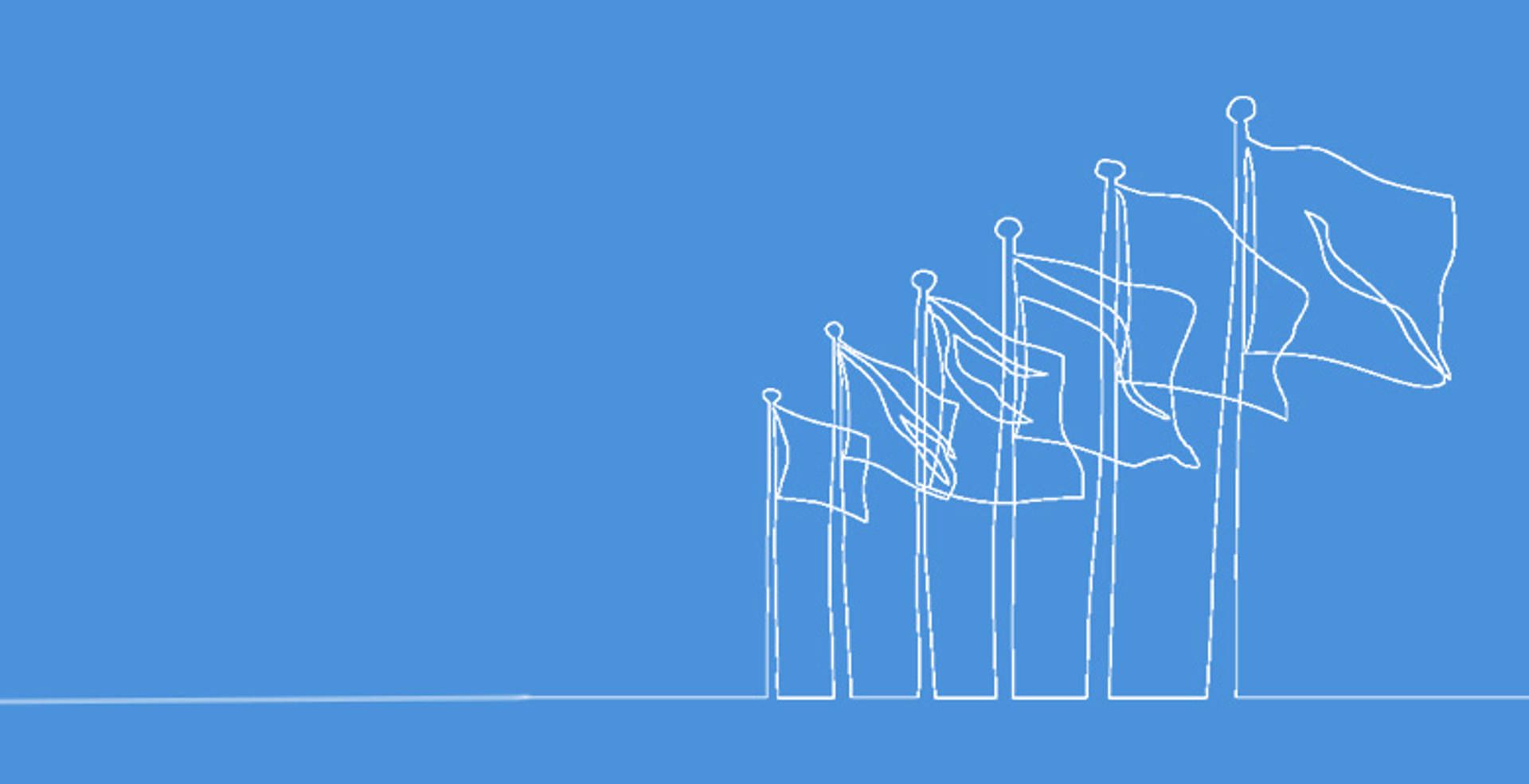Article
Food insecurity and the growth of civil unrest

If businesses take only one lesson from the war in Ukraine it will surely be the complete lack of predictability when it comes to geopolitics and the need to build in resilience against future political upheavals.
Even as late as February this year, few political pundits would have committed to the view that Russia was about to launch a full-scale invasion of Ukraine.
The unpredictability and widespread impact of the conflict has echoes of the ‘Arab Spring’ at the start of the last decade where, seemingly out of nowhere, a number of countries in the Middle East and North Africa (MENA) region exploded into civil unrest and, in some cases, civil war.
And with a real threat that current levels of inflation and economic uncertainty will trigger similar civil unrest, businesses need to actively prepare for the worst.
Even territories far removed from the theatre of war are already feeling the impact of global sanctions and commodity shortages. These secondary effects of the war in Ukraine are likely to have particular resonance in Turkey, Egypt and much of Sub-Saharan Africa, all of which are highly dependent on imported food.
In May this year, the world has already had a taster of the political tensions that can arise from severe economic hardship caused by very high food prices, with the riots in Sri Lanka - a country heavily reliant on food and energy imports, which is living through its worst financial crisis since independence[1].
As the world’s biggest importer of wheat, Egypt has hitherto relied predominantly on imports from Russia and Ukraine, and with current wheat reserves expected to last only a few months it has been seeking alternative sources1.
Meanwhile, Turkey was reported in late May to have been in negotiations with Russia and Ukraine to open up wheat exports2. The country had hoped to source grain from India3, until the Indian government clamped down on exports due to its own food security concerns4.
The political violence market is therefore keeping a close eye on the possibility of strikes, riots and civil commotion (SRCC) coverage being triggered for businesses in the MENA region.
Countries on the brink of serious social unrest are likely to find that coverage for political violence risks is going to become increasingly difficult to secure. Businesses across the world need to consider where their overseas assets are located and assess if they are countries at risk of future political violence. If they are then they should consider whether longer-term, non-cancellable cover will give them greater resilience in the current febrile geopolitical environment.
- 1 https://www.ft.com/content/ce2c9890-1aa2-4d56-bd4f-bcf9d4b5a0c4
- 2 https://www.reuters.com/markets/commodities/turkey-talks-with-russia-ukraine-over-grain-export-corridor-senior-official-2022-05-26/#main-content
- 3 https://economictimes.indiatimes.com/news/economy/agriculture/in-a-first-turkey-places-orders-for-50000-t-wheat-from-india/articleshow/91477042.cms
- 4 https://www.bloomberg.com/news/articles/2022-05-14/india-says-wheat-exports-prohibited-with-immediate-effect
- 5 https://www.bbc.co.uk/news/world-asia-61389189
